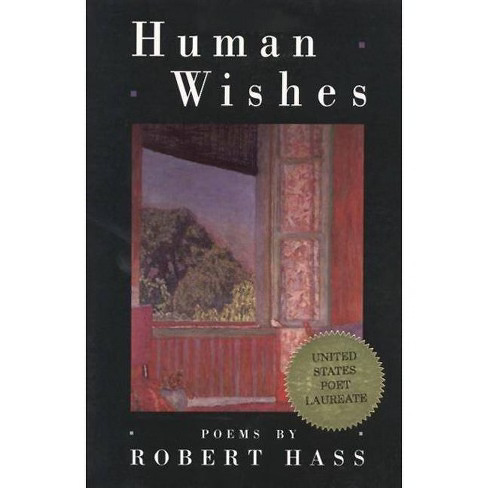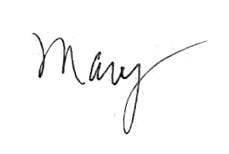Robert Hass’s poems in Human Wishes gave me hope when my life fell apart: That personal story I wrote about “live” in my memoir (Re)Making Love, here in full. I write this as a special post, part of
’s The Hope Library.Misery and Splendor | The Privilege of Being
To read Robert Hass’s book of poems Human Wishes as a whole—not as separate poems, but rather as a group of poems inextricably connected in their meaning to the poet’s search—is to be confronted with human desire in the concrete acts of domesticity, the monumental tragedies of the world, the pain and losses of individuals in the midst of beauty and joy and often the other way around.
In “Misery and Splendor”, the poet describes the difficulty of perfect joining in the sexual act: ‘They are trying to become one creature,/ and something will not have it.’ This poem seems to me to be a predecessor to “The Privilege of Being” where this idea of the desire/the wish for and the difficulty of joining is more fully and beautifully expressed. Hear the full poem read by Hass.
Here’s a partial quote (my bolding):
All of creation is offended by this distress,
It is like the keening sound the moon makes sometimes,
rising. The lovers especially cannot bear it,
it fills them with unspeakable sadness, so that
they close their eyes again and hold each other, each
feeling the mortal singularity of the body
they have enchanted out of death for an hour or so,
and one day, running at sunset, the woman says to the man,
I woke up feeling so sad this morning because I realized
that you could not, as much as I love you,
dear heart, cure my loneliness,
wherewith she touched his cheek to reassure him
that she did not mean to hurt him with this truth.
And the man is not hurt exactly,
he understands that life has limits, that people
die young, fail at love,
fail of their ambitions.
“The Privilege of Being” begins: “Many are making love. Up above, the angels/ in the unshaken ether and crystal of human longing …” The poem has 44 lines that range in syllable count from 5 to 18 with no discernible pattern; only eight of the lines use a syllable count under ten.
I think Hass has purposefully chosen the longer line, avoiding the traditional pentameters, hexameters, etc., because the long line is appropriate to the expansive, lush meaning of the poem:
With the angels above who “are braiding one another’s hair, which is strawberry blond/ and the texture of cold rivers.” That last line, “and the texture of cold rivers,” —forgive my launch into prosody—scans to my mind with two anapests and a trochee—a pattern that slows the line and emphasizes the startling contrast of the phrase to what comes before. I find this rhythmically affecting, pleasurable. The shortest line in the poem—five syllables—is “die young, fail at love.” This line scans with a spondee foot, followed by a trochee and perhaps a trochee truncation. Again, the meter, though not regular, seems perfect to the meaning: the spondees emphasizing the sadness of “die young”; the truncation with failure in life.
Hass is aware of the meter even as he chooses not to use it in a regular fashion. I argue that regularity is not germane to the meaning that is about the human inability to create perfect form.
Hass contrasts the angels, the lovemaking, the philosophical musings of the poem with the mundane: The man in the poem runs beside his lover, “ready to be alone again … or merely companionable like the couples on the summer beach/ reading magazine articles about intimacy between the sexes”—a sobering, ironic reflection of the longing in the poem and the impossibility of complete connection.
Only Connect, all sections, come from my heart and soul. If you have already gone paid, my heart goes out to you with my thanks.
Love,








Mary, I believe you have just opened up Robert Hass to me in a new way. I have a copy of Human Wishes around here somewhere, but I don't open it very often, and I think that's because the prosody doesn't sparkle for me. But I love your point about imperfect forms. Yes, that makes good sense. And I'm noticing now that Hass has the five-word gift. I wonder how many more phrases I'll find like these when I go looking: "the texture of cold rivers"; "die young, fail at love." Tomorrow I'm going on a hunt for my copy! Thank you for writing this so beautifully and convincingly for the Hope Library!
Mary, what a spectacular poem. I am struck by the pleasingly unexpected use of "wherewith" (among many other things).